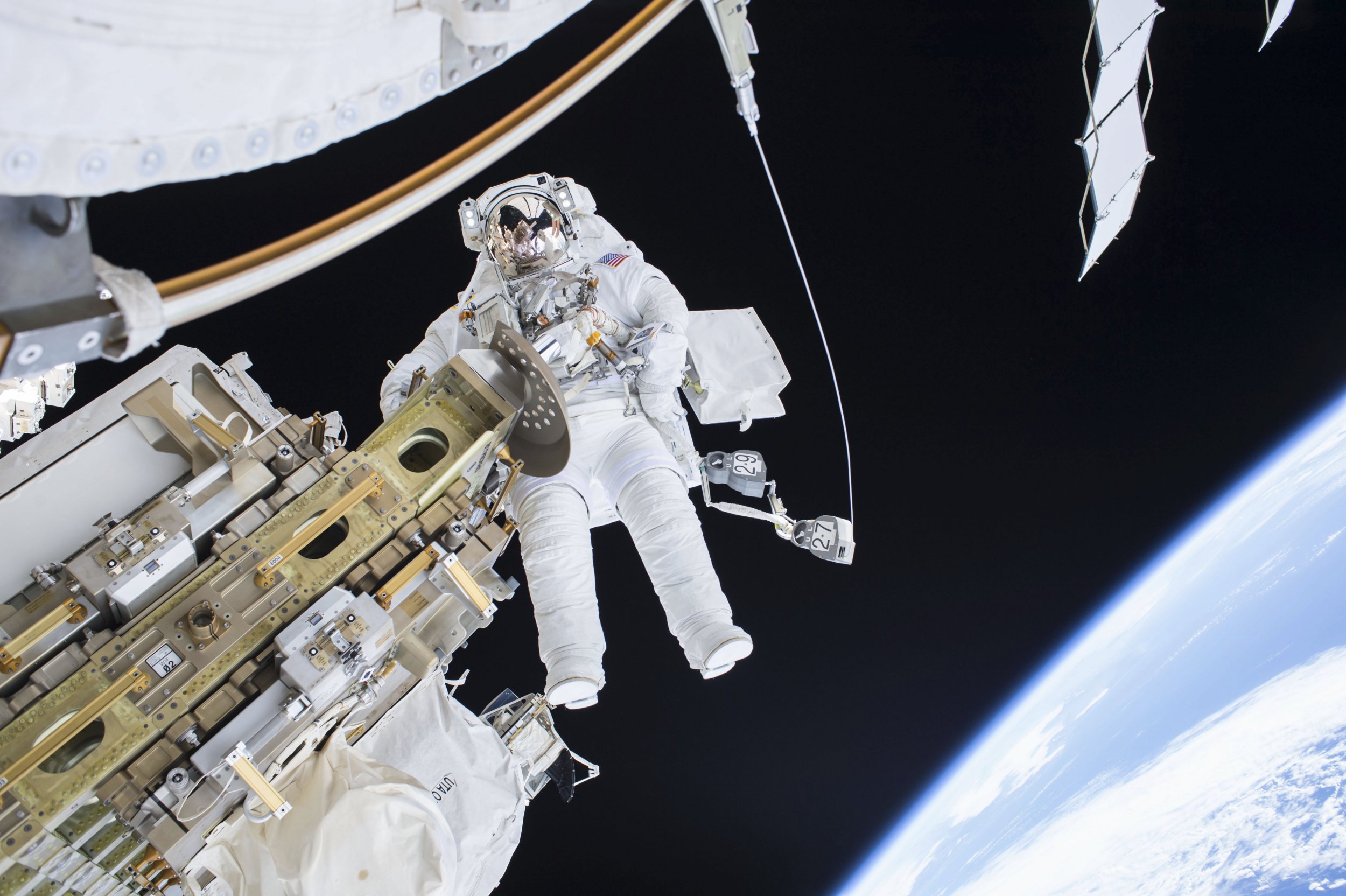
When fungi get stressed out, they make some useful medicine. In an attempt to squeeze one particular species for all the drugs it has, researchers will be sending it to one of the most harrowing environments imaginable: outer space.
Penicillin and many other drugs come from fungi's secondary metabolites, side products that aren't essential for the organisms' everyday survival, but that the microbes make under tough conditions.
Scientists aren't sure what purpose they serve, but some are toxic to people while others are helpful. The researchers, comprising a joint team from the University of Southern California and NASA's Jet Propulsion Laboratory, hope the high radiation and low gravity on the International Space Station (ISS), which is circling the Earth about 200 miles up in the sky, will push the species Aspergillus nidulans to produce some of these molecules.
"These drug-producing organisms do not make all the drugs they can make," said study leader Clay Wang, a professor of pharmacology and pharmaceutical sciences and chemistry at USC, in a statement. "In most cases, the drug-producing pathways are silent. They only make the drugs when they need to."
The team will send four different strains of A. nidulans to the International Space Station on a SpaceX rocket in April. Once there, astronauts will grow them at body temperature for up to a week. When the samples return to Earth, Wang's lab will compare them to their earthbound relatives to see if they made any new metabolites.
Scientists frequently study A. nidulans as a model for understanding other fungi. It was the first of its kind to have a completely mapped genome, and Wang believes it has the genes to help make as many as 40 useful drugs, including new treatments for cancer, Alzheimer's disease, and fungal infections. An onboard drug factory would be helpful in space as well. A. nidulans creates two compounds that fight osteoporosis—and they would be nice to have on hand during long space flights such as a manned trip to Mars, which NASA says could take three years, since low gravity saps astronauts' bone mass.
"This is the first time we are growing fungi inside ISS to seek new drug discovery," says study co-principal investigator Kasthuri Venkateswaran, a senior research scientist at the propulsion lab. "NASA needs to develop self-sustaining measures to keep humans healthy in space because calling 911 is not an option."
Uncommon Knowledge
Newsweek is committed to challenging conventional wisdom and finding connections in the search for common ground.
Newsweek is committed to challenging conventional wisdom and finding connections in the search for common ground.
About the writer
To read how Newsweek uses AI as a newsroom tool, Click here.





